- A
- A
- A
- АБB
- АБB
- АБB
- А
- А
- А
- А
- А
Research on Global Level
hse.ru / iStock
HSE University was one of the first academic institutions in Russia to invest in the creation of international laboratories, starting back in 2010. This significantly contributed to engaging the University’s research teams with the global academic community. By the end of 2020, the University had 51 international laboratories.
The Faculty of Social Sciences is the leader with 11 laboratories. However, in 2020, the portfolio was expanded with genomics, microphysiology, bioinformatics, quantum optoelectronics, and elementary particle physics. In 2020, staff from the University’s international laboratories published 990 articles in journals indexed in WoS/Scopus while 518 students were involved in lab activities.
The heads of three new HSE University International Laboratories, which were created this past January and received three-year grants, share their views on future discoveries. All interviewees explore how Big Data and AI may transform our understanding of financial economics, public administration, and molecular biology.
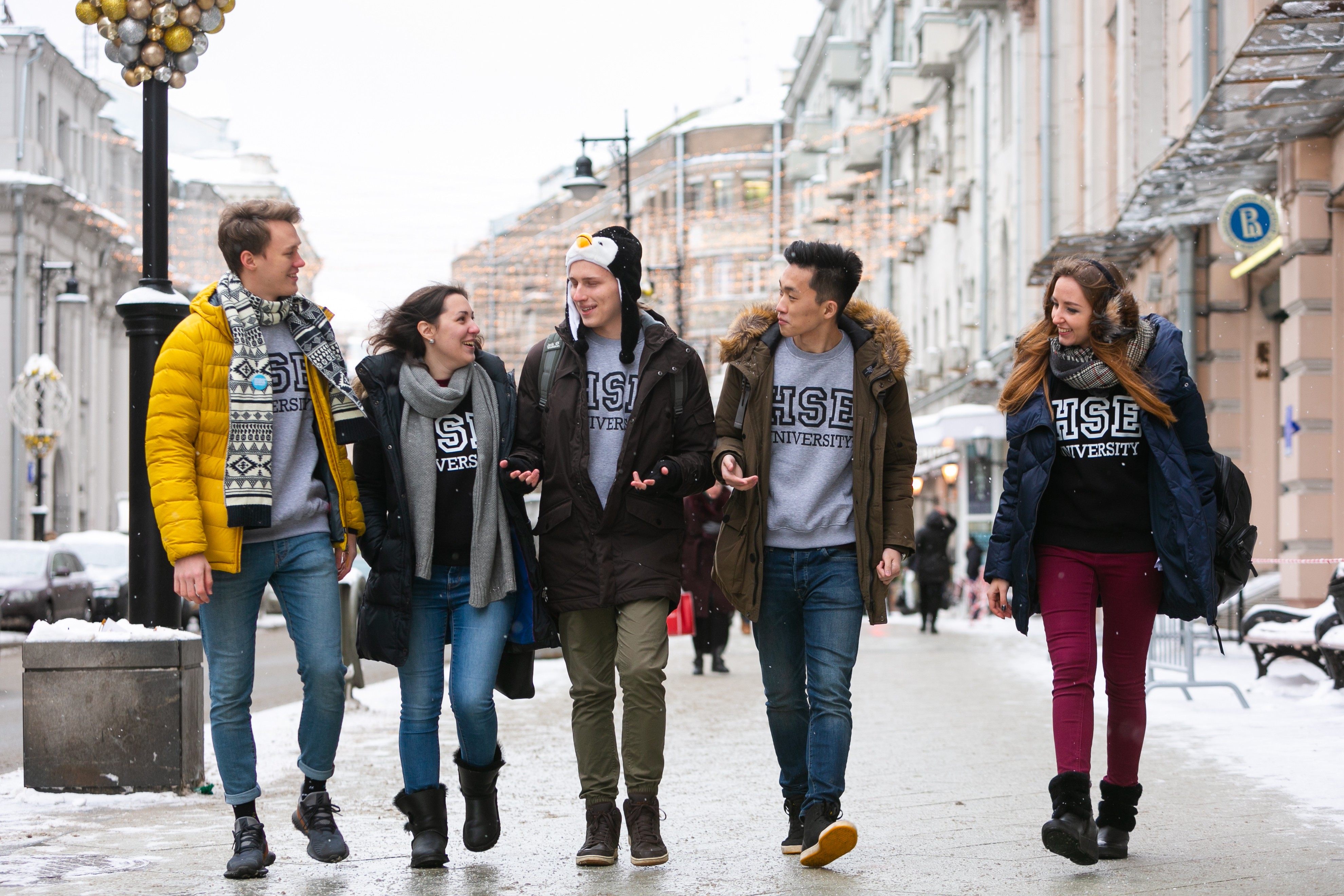
International Laboratory of the Computational Genetics of Alternative DNA Structures
Laboratory Head: Dr Maria Poptsova, Associate Professor at the HSE Faculty of Computer Science; Leading International Researcher: Dr. Alan Herbert, President and Chief of Discovery of InsideOutBio (USA).
I studied at the Faculty of Physics at Moscow State University (MSU) during Perestroika. Along with teleconferences, educational bridges opened and I went on an exchange to Amsterdam. At that time, it was not easy to learn about the achievements in world science. We did not have internet, and this was right after the ‘Iron Curtain’ fell. So, in 1993, I witnessed an international laboratory for the first time (Amsterdam Institute of Neuroscience, University of Amsterdam) and, as a result, submitted my first publication.
I began working at the MSU Department of Biophysics and closely followed efforts to decipher the human genome. I plunged into this topic as a postdoc at Connecticut and Cornell Universities. I am still very attached to bioinformatics.
I am often asked whether bioinformatics is more about biology or informatics. These two fields can’t be separated. Furthermore, from a young age, I’ve been interdisciplinary: while studying physics, I also took courses at the Faculty of Biology. There is even speculation that bioinformatics is not a science at all, but a means. And what we do is molecular biology, as we study how a cell works inside.
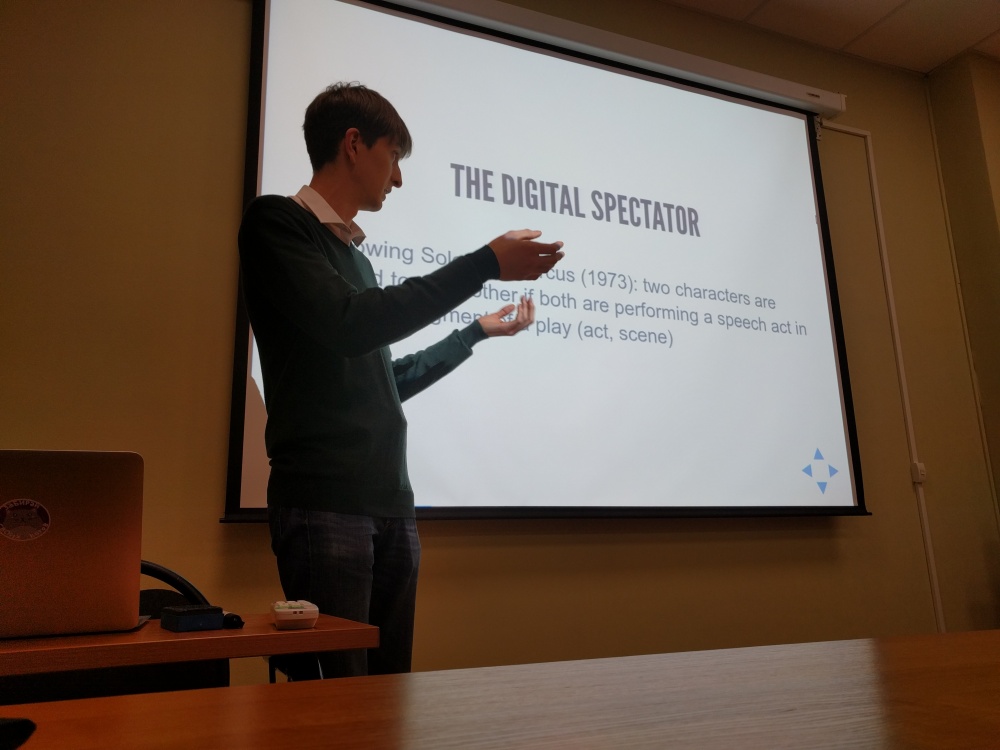
A metaphor for our laboratory would be that we ‘hack’ the genetic code. Imagine a computer programme: someone writes a binary code and gives you access to this sequence of ones and zeros. Instead of these digits, we look at the DNA instead. With a computer programme, one can ask the programmer who wrote the code, but with DNA, there is no one we can ask! But unlike a hacker who is held off by security specialists, no one stops us except our brain. The human genome contains 3 billion letters, or the equivalent of 3.2 GB, and it is impossible to ‘digest’ them without computer-based methods!
Watson and Crick received the Nobel Prize in 1962 for their discovery of the structure of DNA. They spun the spiral in a classic direction, i.e., clockwise. Later, it turned out that it can also be spun in the opposite direction. These inclusions – Z-DNA – can serve as signal for a lot of things in a cell. Z-DNA can turn on and off different processes in the cell, for example, learning not to fear. Our laboratory is now actively conducting research on Z-DNA.
We also do classical genetics. There are numerous practical implications of our research with respect to personalized medicine. Many diseases and the effectiveness of their treatment are encoded in the genome; one drug may work for a person with a certain genetics and does not work for another.
At present, our team consists mainly of scientists from HSE University and MSU. Dr Alan Herbert worked at an American university and then founded his own company. He perfectly understands both science and commercial research and this may help us understand how our research can be directed to commercial applications.

At the HSE Faculty of Computer Science, we are strong in Big Data analysis of molecular biology with a particular focus on neural networks. You need them when there is so much information that the capacity of the human brain is not enough. We can carry out the most advanced computer analysis quickly and efficiently, and Alan has a lot of respect for our abilities. He is more of a biologist who understands what data is better to analyze and has many research hypotheses to verify. We have a shortage of laboratories in Russia that can generate data from expensive technological experiments. Moreover, Alan has connections with laboratories around the world and has already put us in contact with each other. They generate the data, and we are the first to analyze it.
Zoom has changed our understanding of research collaborations. Every week, we have at least two online meetings with research teams in California and Pennsylvania. Before the pandemic, we didn't know how to get together so effectively. Moreover, Alan and I met first on Zoom during the pandemic.
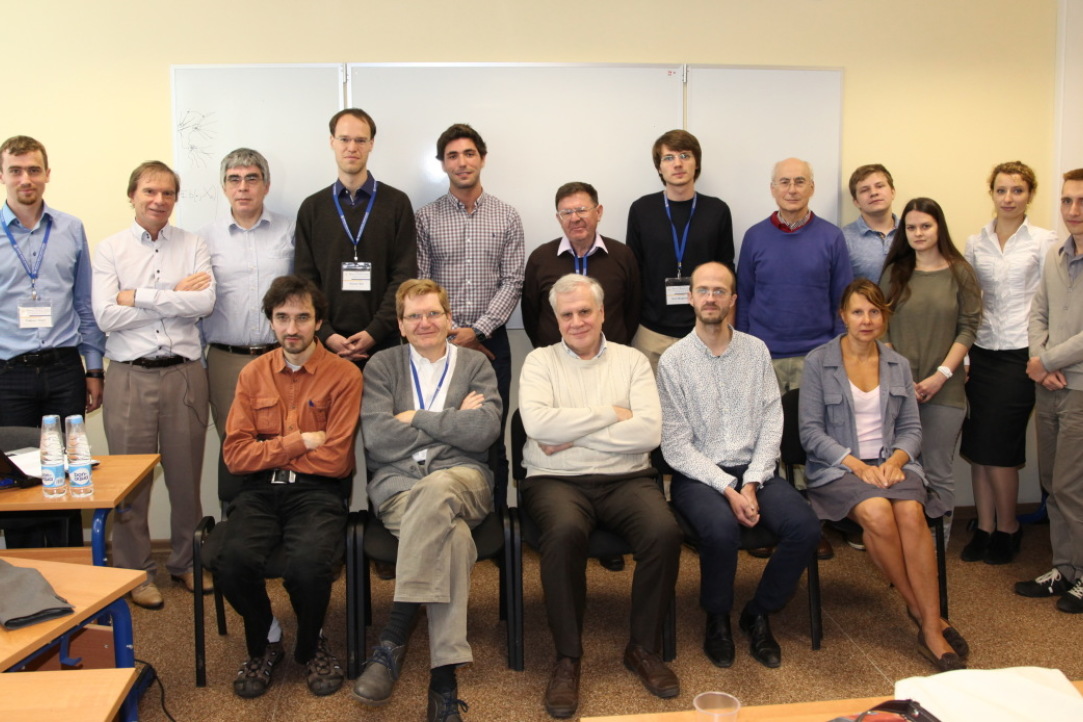
International Laboratory for Artificial Intelligence in Finance
Laboratory Head: Dr Tamara Teplova, Professor at HSE Faculty of Economic Sciences; Leading International Researcher: Dr Ali Emrouznejad, Professor and Chair in Business Analytics at Aston University (UK).
The HSE Research and Training Laboratory of Financial Markets Analysis was established in 2011. AI in financial research is one field of international cooperation. I have been interested in this area for a long time as I am an economist and cybernetic expert according to my first education. My PhD thesis was about the application of mathematical methods in economics, and I have been using mathematical methods all my life. However, there is more and more Big Data around, and I can joke now that, only thanks to the ‘brains’ of robots can I feel a sense of confidence.
Financial markets are undergoing significant changes. One such trend is 'financial democratization', i.e., an increase in the influence of non-professional players. Earlier, financial markets were the specific field of institutional investors, but now we see amazing stories whereby individuals can become the driving force, albeit on third-tier stocks.
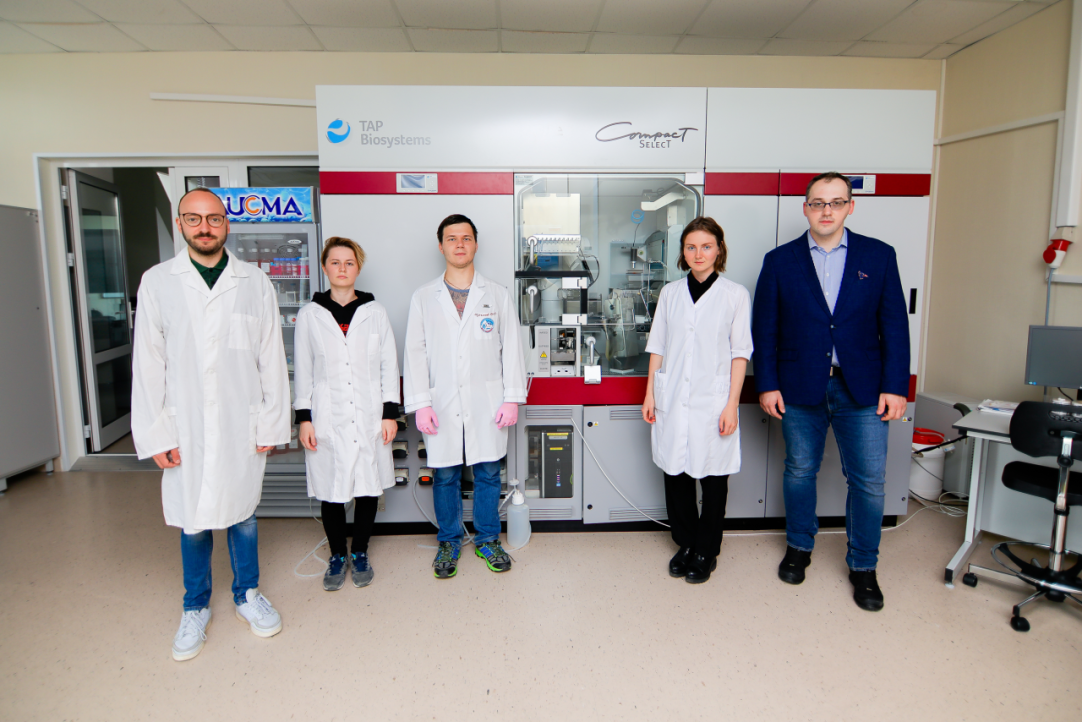
A no less important element of this new phenomenon is networks. These individuals not only emerge but form their own investment communities, organized on such platforms as Telegram and Twitter. We managed to study hedge funds - their portfolios, logic, motivation, remuneration – as their number (43) is not significant. However, to understand the intentions of individuals, you need to work with Big Data. There are already 10 million non-professional players on the Moscow Stock Exchange, and 47% of all trading is done by them.
Another challenge is that these subscriber traders use jargon. You will not see phrases like ‘Guys, let's buy Abrau-Durso’. The messages are more cunning, implicit, and, sometimes, even manipulative. For instance, earlier this month, the Central Bank demanded that brokers block 60 individual clients who were involved in manipulations with Rosseti-Yug. Owing to these actions, the traders will translate the communication into the even more Aesopian language. Thus, AI is essential. The neural network, with the help of which we try to find both intentions and manipulations, should catch exotic names, for example, ‘Norka’ and ‘Gamak’ for Norilsk Nickel, or ‘Fikus’ for Fix Price. We created a Telegram bot (SentimetricaBot), which reports on this information every day at 4am. These signals allow us to build portfolios of securities. These are unique products; we patent and sell them. In the new lab, we try to learn how to identify such intentions, manipulative stuffing of information and cheating emotions.
I welcome financial democratization, as I believe that self-determination and self-organization may contribute to development of civil society. The financial market can teach people to unite, first, by trading together, then by defending their interests. It is interesting for us to study this process.
We have cooperated with our partners in the UK and Portugal for two years, and we have an even longer history of cooperation with Pakistan and Iran. We put out joint publications, and when we realized that our relationship was quite promising, we formalized it by creating an international lab. Dr Ali Emrouznejad is the head of an institute in Birmingham and an expert in mathematical methods. Our hope was to attain synergy from a special combination of mathematics and finance. We offer certain financial riddles, problems, and our vision of solving them, whereas Dr Emrouznejad can improve and offer advanced methods with respect to the research subject.
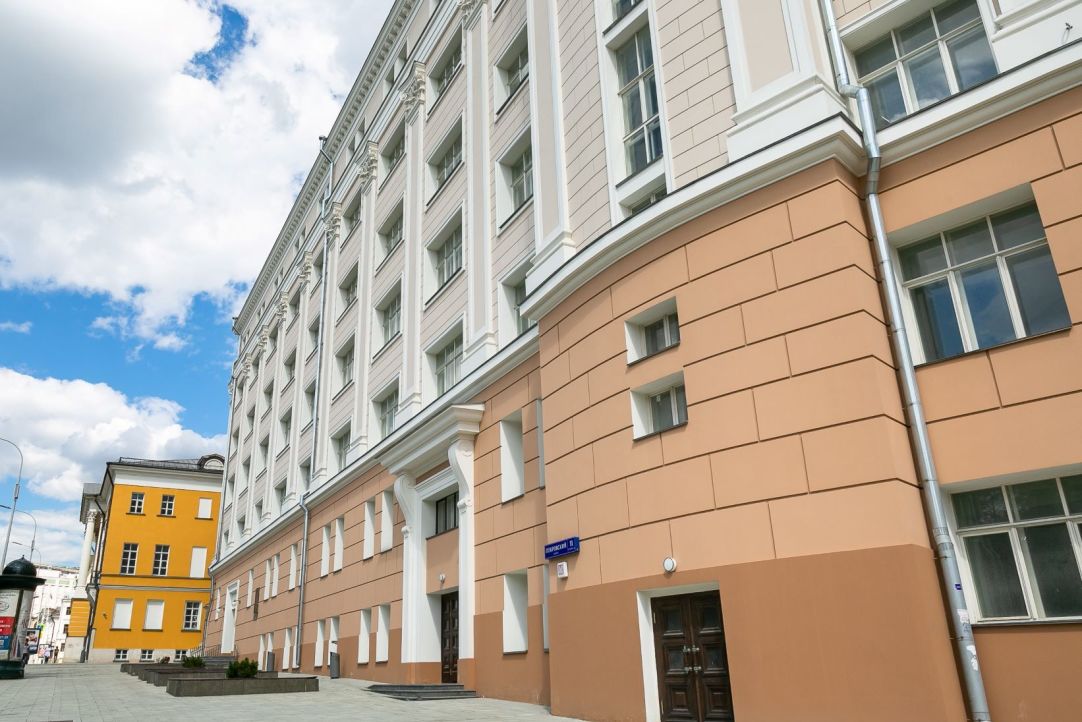
International Laboratory for Digital Transformation in Public Administration
Laboratory Head: Dr. Evgeny Styrin, Associate Professor at the HSE School of Politics and Governance; Leading International Researcher: Dr Vishanth Weerakkody, Professor and Dean of Faculty of Management, Law and Social Sciences, University of Bradford (UK).
While studying programming at Moscow State University (MSU), I got excited about the sociological issues and decided to attend graduate school in public administration. I wanted to explore how society adapts to new technologies and adapts them. Having been trained to think mathematically, I find it easy to tackle this topic, as the government has limited resources and needs specific answers.
My internships at SUNY Albany and Syracuse helped me to see that the world is not limited to a singular system of relations between the state and society. I spoke with the New York State authorities and the National Science Foundation, who discussed eGovernment prospects for that year. Moreover, we exchanged views with researchers from South Korea, Saudi Arabia, the USA, and the Netherlands.
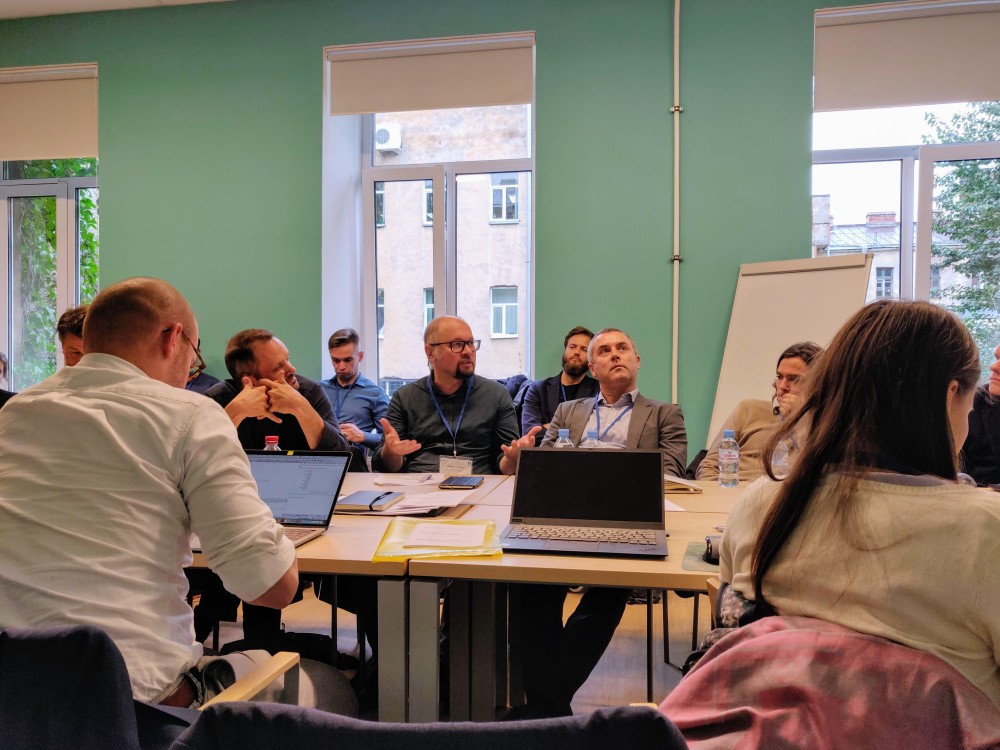
Today, there is a lot of talk about digital transformation, not only in terms of changing day-to-day processes, which is being done by eGovernment efforts, but about an attempt to provide services at a higher level quality. The state collects a lot of data about the population, and technology can help to create new models of relations between the citizen and the state. For instance, the state can advise people on where to study, receive medical treatment, send their children to school, or how to select a retirement programme. Furthermore, digital transformation is about allowing citizens to make better choices in their lives. Previously, the state treated citizens in terms of averages, but now there are opportunities to personalize and treat each person in a unique way. Such an opportunity should not be missed, but the question is whether the state ready for this.
What happened to the taxi market with the arrival of Gett, Yandex or Uber, or the ecosystems, which Yandex, Mail.ru or Sberbank are also trying to develop, is a transformation of relations between the various market participants on the platform. Similar processes can take place in public administration. However, it is more difficult for governments to provide client-centred services in the same way that businesses do. The state holds an even more privileged position as we cannot escape from it; its services, like obtaining a passport or paying taxes, are exclusive. At the new laboratory, we plan to study to what extent is the state is politically and technologically ready to be open, understandable and transparent.
One of the reasons why the UK was chosen for the partnership was that Dr Vishanth Weerakkody is one of the most published scholars around the world in digital governance. His motivation is the development of international laboratories. We showed him that we have a hard-working team, which has done a lot inside Russia. However, we lacked the support of a leading scientist to demonstrate our results efficiently at the global level. We want to grow in our theoretical understanding, while also encouraging integration with into the global academic community, including international journals. After all, when you come out with material about your country that does not correlate with global concepts, few people are interested. Public administration in Russia is yet to become a separate field in many ways. So, our attempt to build a laboratory is a contribution to this effort.